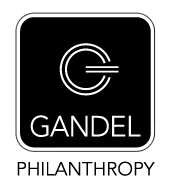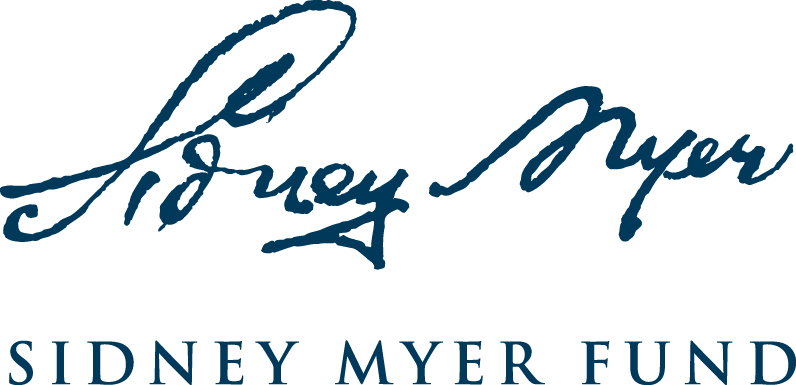The Teachers’ Toolkit was developed in response to the struggle that schools often face in meeting the educational and social needs of students with communication support needs. It was funded by the NDIS’ Information, Linkages and Capacity Building (ILC) – National Readiness Grant and developed in partnership with the Disability Discrimination Legal Service and RMIT University. On this project, Communication Rights Australia collaborated with educators, speech pathologists, students with communication support needs and their families, and the Victorian Department of Education to create an online toolkit that provides teachers with the latest information and recommendations for supporting students with little or no speech. The purpose is to support teachers, schools, allied health professionals and families to support students with communication support needs, so that these students may reach their highest potential both academically and socially.

Gandel Philanthropy funded a part-time advocate to work in partnership with students who have little or no speech, their families and schools to ensure the students were able to participate fully in daily school curriculum activities.
The specialist advocate focused on primary and secondary levels within both mainstream and specialist schools.
Communication Rights Australia is grateful to Gandel Philanthropy for their commitment to helping strengthen the human rights of students with disabilities and supporting them to participate more fully in all aspects of daily life.

The Sidney Myer Fund provided funding for our Complex Cases Project that enabled Communication Rights Australia to provide quality intervention in the lives of individuals and their families where the traditional single-issue advocacy model was ineffective at achieving
The Advocacy Emergency Response project enabled us to protect the rights of people with complex communication needs who would otherwise not be adequately supported. Significant quality of life outcomes
Communication Rights Australia would

We would like to extend our thanks to Telstra who supported the development of Communication Rights’ specialist knowledge in the area of education.

